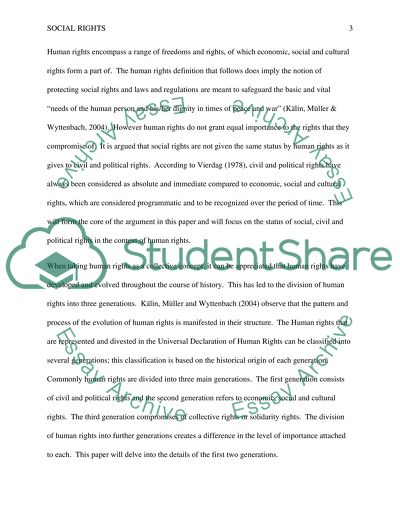Cite this document
(Recognition of the Social Rights of the People Essay Example | Topics and Well Written Essays - 1750 words, n.d.)
Recognition of the Social Rights of the People Essay Example | Topics and Well Written Essays - 1750 words. https://studentshare.org/environmental-studies/1409640-recognition-of-the-social-rights-of-the-people
Recognition of the Social Rights of the People Essay Example | Topics and Well Written Essays - 1750 words. https://studentshare.org/environmental-studies/1409640-recognition-of-the-social-rights-of-the-people
(Recognition of the Social Rights of the People Essay Example | Topics and Well Written Essays - 1750 Words)
Recognition of the Social Rights of the People Essay Example | Topics and Well Written Essays - 1750 Words. https://studentshare.org/environmental-studies/1409640-recognition-of-the-social-rights-of-the-people.
Recognition of the Social Rights of the People Essay Example | Topics and Well Written Essays - 1750 Words. https://studentshare.org/environmental-studies/1409640-recognition-of-the-social-rights-of-the-people.
“Recognition of the Social Rights of the People Essay Example | Topics and Well Written Essays - 1750 Words”. https://studentshare.org/environmental-studies/1409640-recognition-of-the-social-rights-of-the-people.


